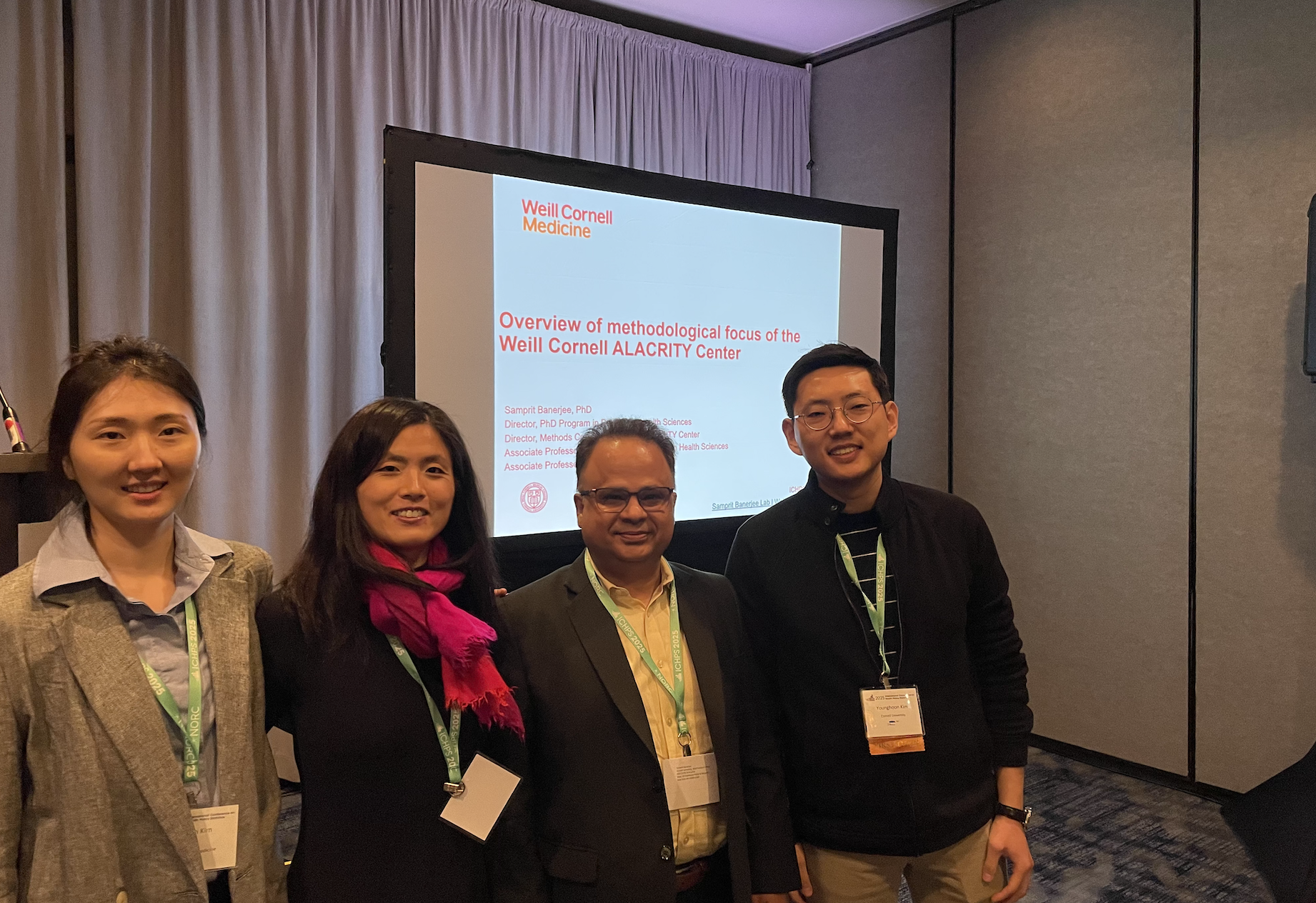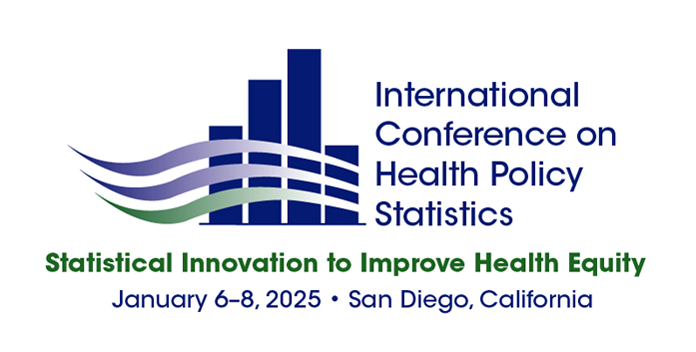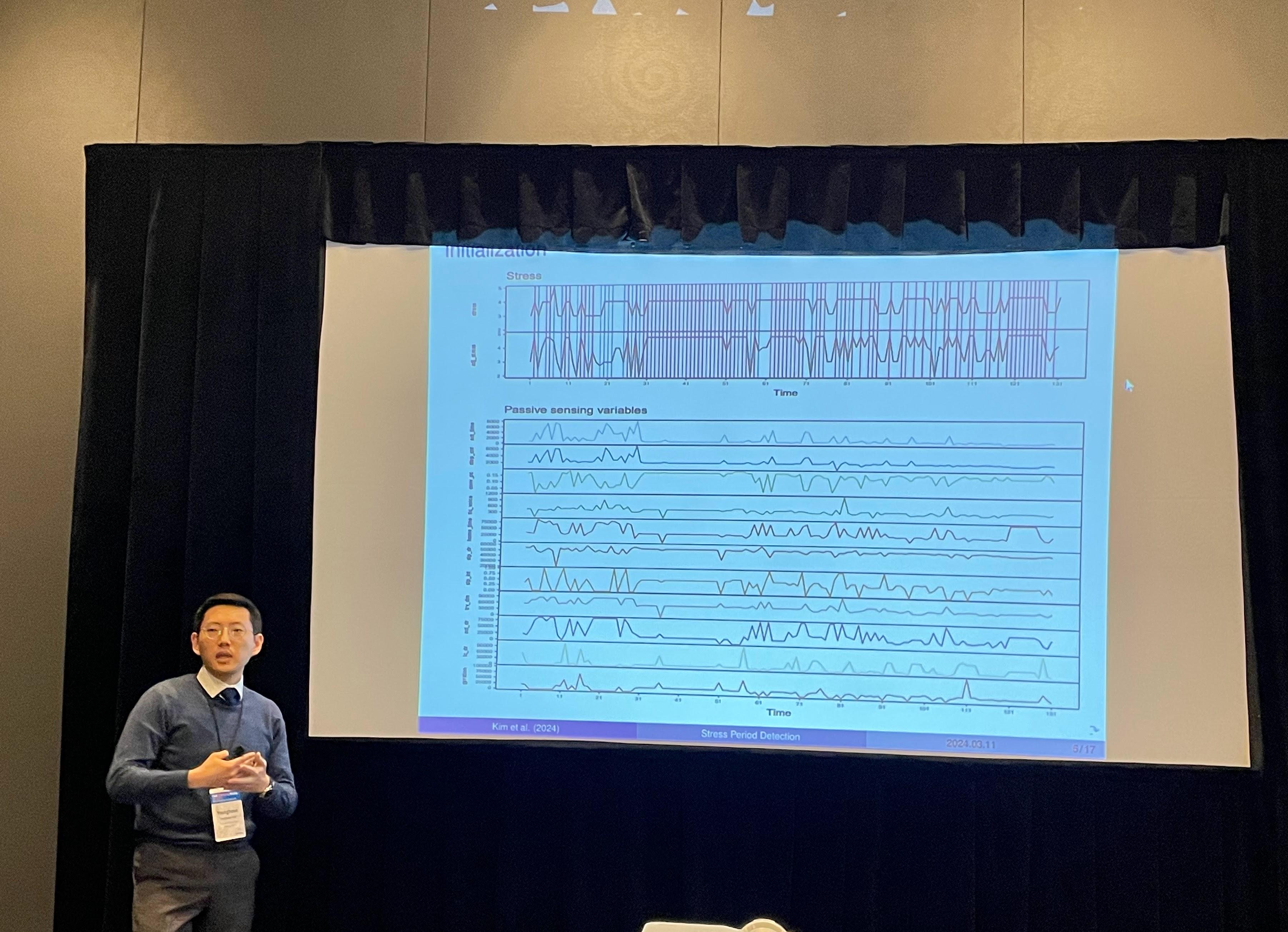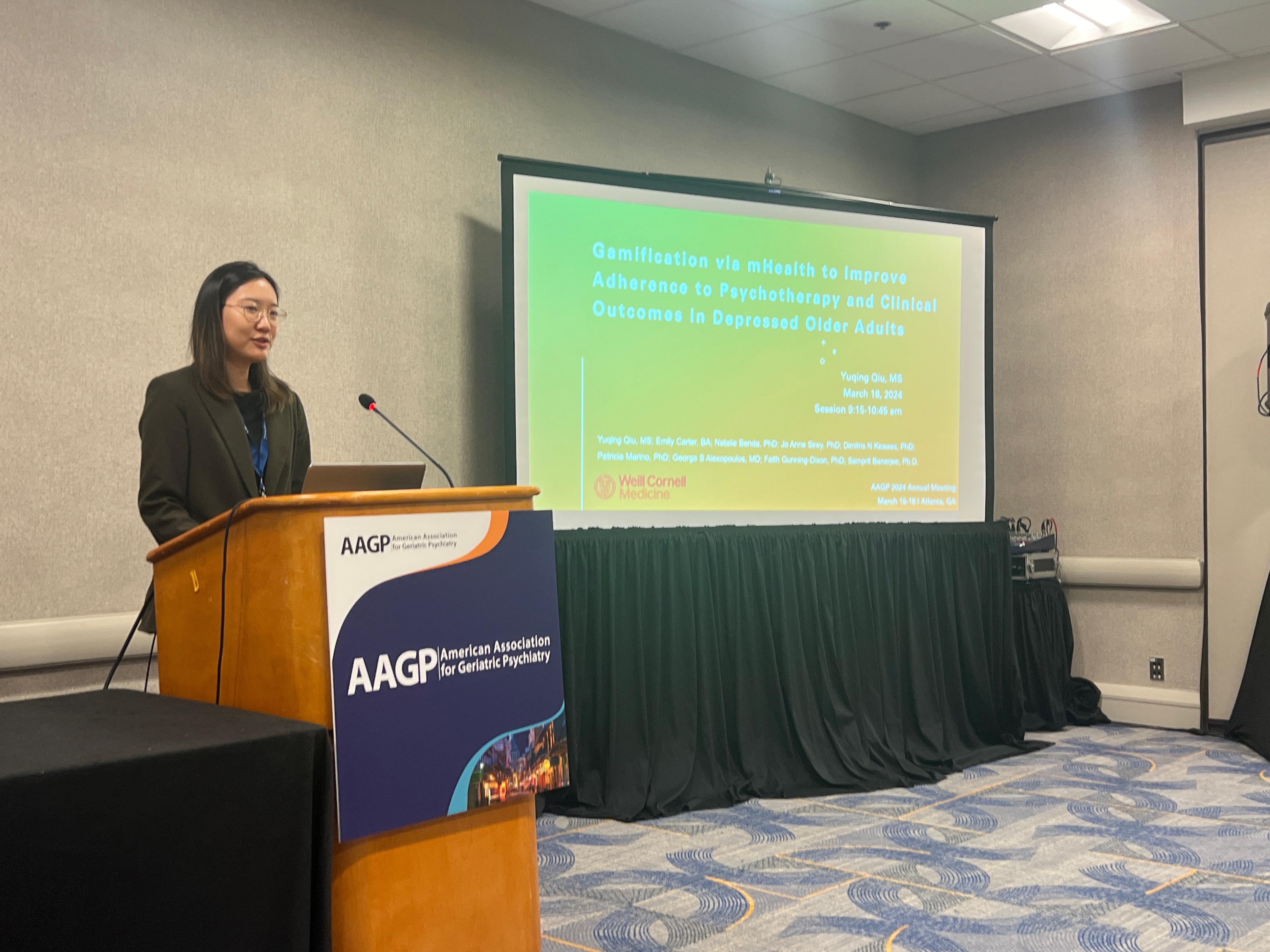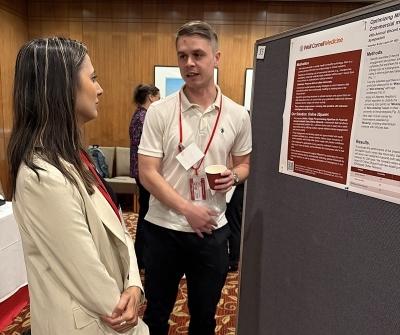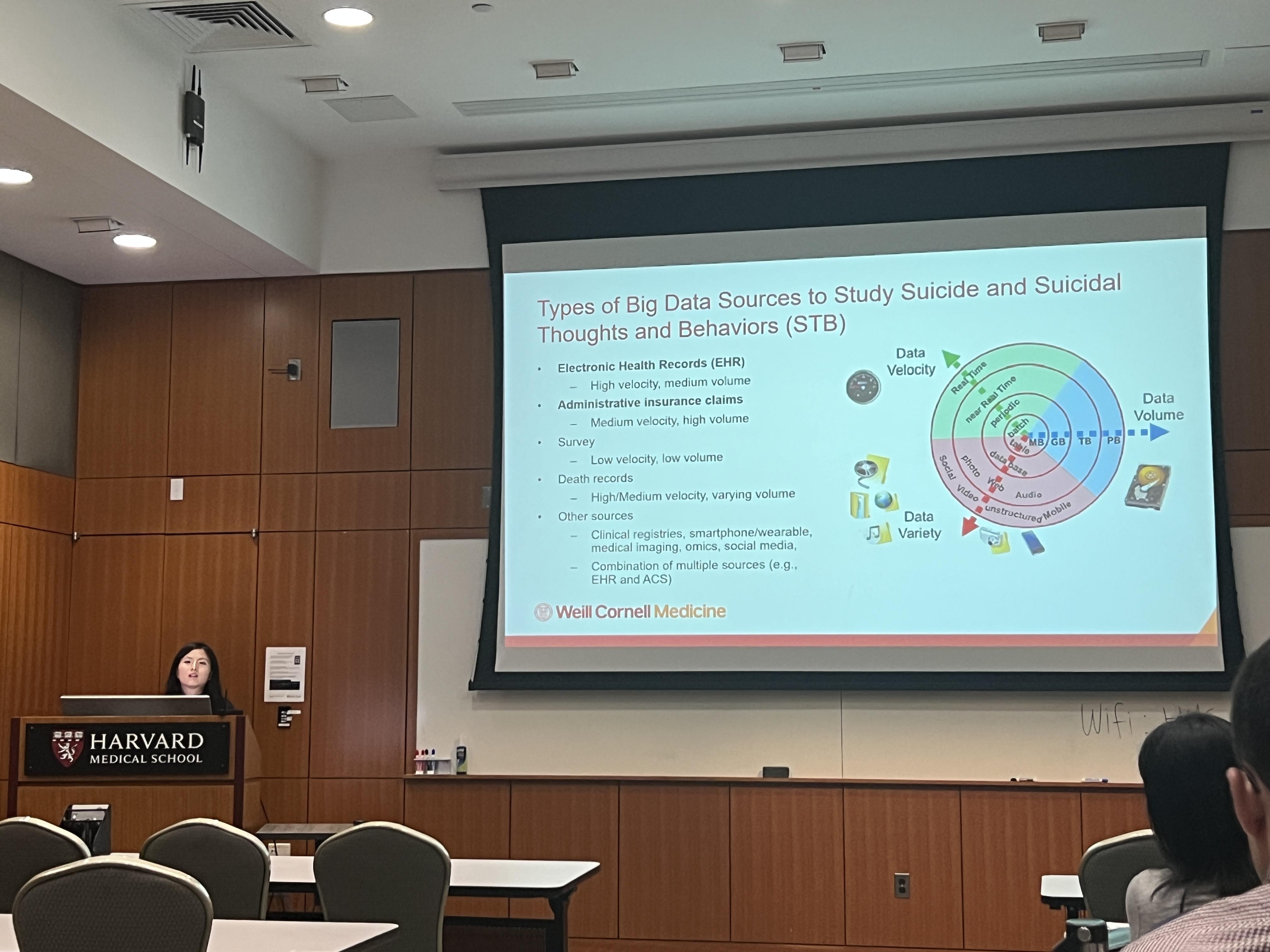Conference History & Overview
The 11th Annual Thomas R. Ten Have Symposium on Statistics in Mental Health continues the annual Columbia-Cornell-NYU-Penn-Yale Symposium and is jointly sponsored by the five universities. The idea for a forum on statistics in psychiatry arose in 1998 from informal discussions among Eva Petkova, Ray Carroll, and Tom Ten Have, when Eva visited Ray Carroll at the University of Pennsylvania, where he was a visiting faculty member. The first forum took place in 1999 at the New York State Psychiatric Institute as an informal joint forum with participating statisticians from Columbia University and University of Pennsylvania. Between 1999 and 2003 the forum location rotated between Columbia University and University of Pennsylvania, with each forum consisting of two one-hour presentations on statistics in psychiatry by a member from each school and then ample time for informal discussions before happy hour. In 2004, Yale University joined as the third participating institution. In 2007, New York University became the fourth participating site, and the forum was renamed to symposium in acknowledgement of the growing size and outreach of the event. The symposium continued to expand with adding Cornell University as another participating institution.
In 2001, Thomas Ten Have passed away. To honor his founding role in the symposium and his many contributions to the field of statistics in psychiatry and the broader statistics profession, the symposium was renamed to Tom R. Ten Have Symposium on Statistics in Psychiatry (TTH Symposium). The 2012 symposium was the first renamed TTH symposium, took place at the University of Pennsylvania and culminated in the Ten Have Memorial Lecture given by Professor C. Hendricks Brown. In 2013, the Statistics in Mental Health Section (MHS) of the American Statistical Association and the TTH organizers from the participating universities agreed to jointly sponsor the event.
Agenda
The 2024 Thomas R. Ten Have Symposium on Statistics in Mental Health is scheduled for June 28th at the 3nd floor conference room of the Belfer Research Building (413 E 69th St, New York, NY 10021) in the Upper East Side Campus of Weill Cornell Medicine in NYC.
11:00 – 11:15: Introductory Remarks
11:15 – 12:00: Keynote Address by Dr. Raaz Dwivedi
Affiliation: Assistant Professor, Cornell Tech and Cornell University
Title: "Integrating Double Robustness into Causal Latent Factor Models"
12:00 – 12:30: Invited Speaker: Tse-Hwei Choo
Affiliation: Staff Associate, Columbia University
Title: "RNNs as a Tool for EMA Data Analysis of Suicidal Ideation"
12:30 – 01:30: Lunch (provided)
01:30 – 02:00: Invited Session: Dr. Xiaomeng Ju
Affiliation: Postdoctoral Associate, New York University
Title: "Bayesian scalar-on-network regression with applications to brain functional connectivity"
02:00 – 02:30: Invited Session: Dr. Geyu Zhou
Affiliation: Postdoctoral Associate, Yale University
Title: “Polygenic Prediction of Mental Health Outcomes”
02:30 – 02:50: Coffee Break
02:50 – 03:20: Invited Session: Dr. Nicholas J. Seewald
Affiliation: Assistant Professor, University of Pennsylvania
Title: "Target Trial Emulation for Evaluating Mental Health Policy"
03:20 – 03:50: Invited Session: Dr. Younghoon Kim
Affiliation: Postdoctoral Associate, Cornell University and Weill Cornell Medicine
Title: "Detecting emotionally stressful periods from passive sensing data via mobile devices"
03:50 – 04:20: Speed Presentation Session (6: 5-minute slots)
04:20 – 05:30: Poster Session with Refreshments
06:00 - 08:00: Dinner
Public Transportation (within New York City) - the Belfer Research Building (413 E 69th St, New York, NY 10021) in the Upper East Side Campus of Weill Cornell Medicine is directly accessible through multiple public transit options
- Subway – 6 train to East 68th Street – 10-15 minute walk (best option from Grand Central Terminal)
- Subway – Q train to 72nd Street-2nd Avenue – 5-10 minute walk (best option from Penn Station)
- Bus (M31 to the East 69th Street stop) - 1 minute walk
- Bus (M66 and M72 crosstown buses) - 1 minute walk


